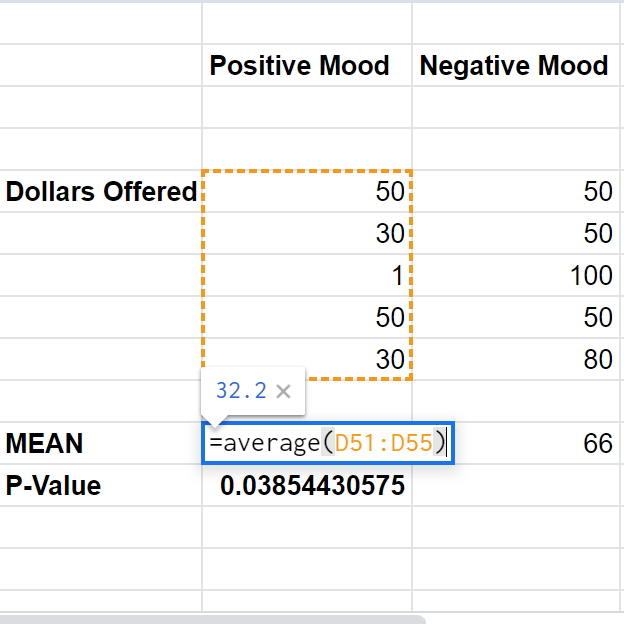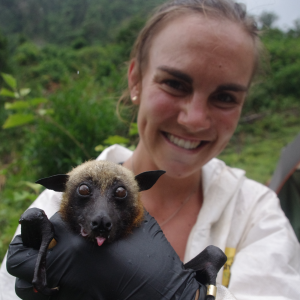
In a world where instant responses to messages are possible, it can be especially frustrating when, after several days, you’re still waiting for a response on a time-sensitive issue. Many of us have experienced this before: asking an adviser a question, checking with a teammate if they’ve completed their tasks, and so on. Yet even with conventional wisdom on how to receive a response (crafting a compelling subject line, personalizing a message, or keeping an email short and sweet), responses can be elusive.
The truth is, the people we work with as students, researchers, or employees often have busy schedules. They may have several responsibilities vying for their attention, and sometimes an email just falls lower on their list of priorities. We want to resolve our questions and continue making progress as quickly as possible, yet help does not always come that quickly. In this article, I share key tips I’ve learned through discussions with my managers, colleagues, and advisers over the course of my time as a student and working in industry.
Continue reading The Art of Chasing: Securing a Response to Your Emails




